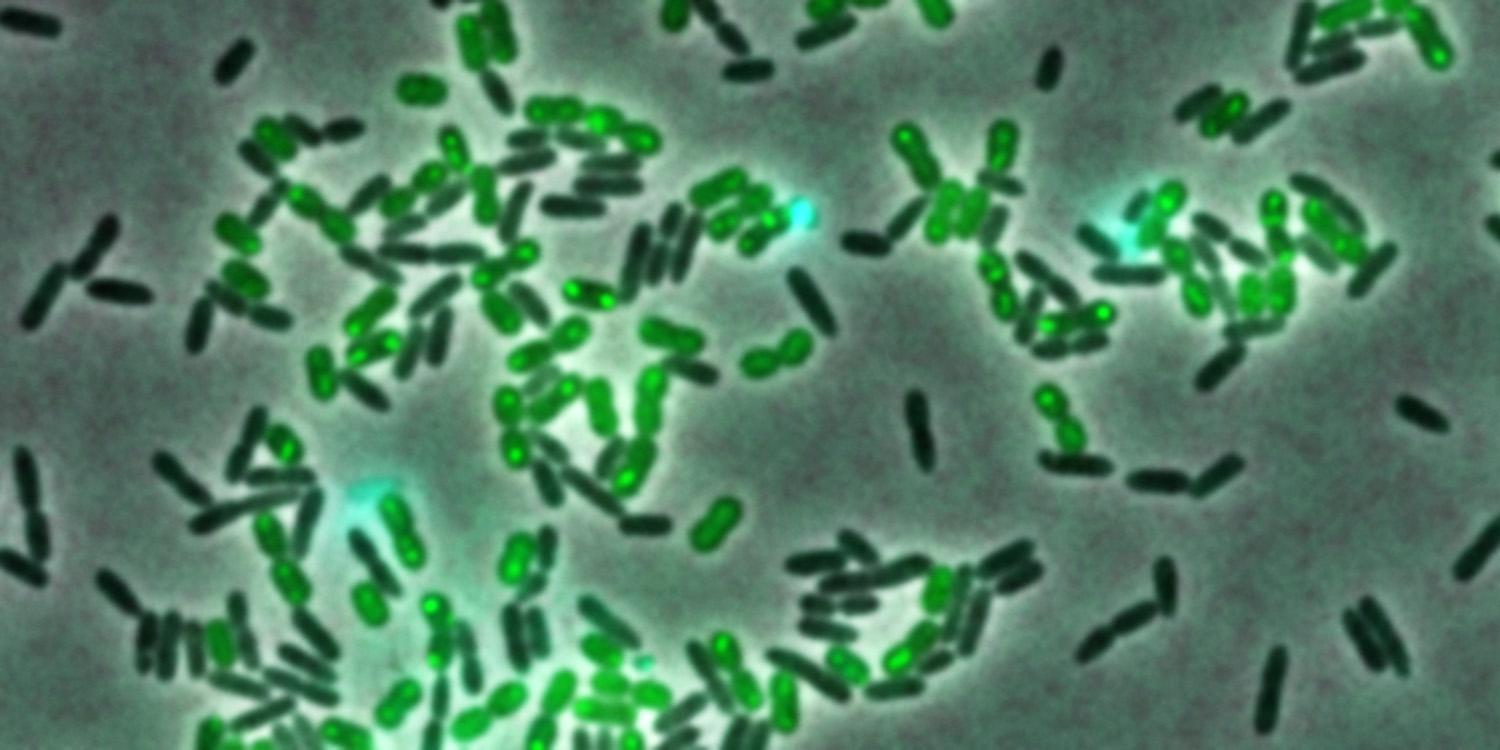Short exercise sessions can help children build social relationships. This has been demonstrated by researchers from the Department of Sport, Exercise and Health at the University of Basel. An “active” short break could be a fun way to integrate these findings into everyday school life.
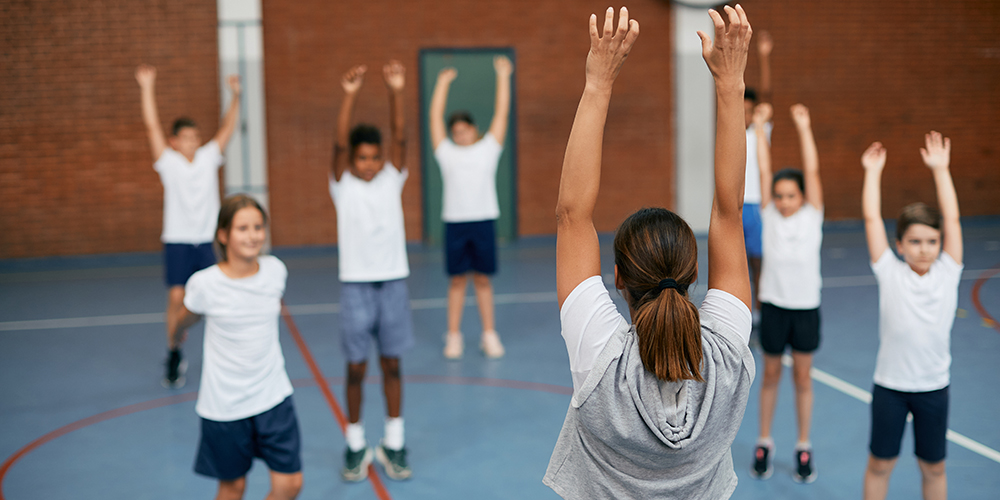
Drugs that act against bacteria are mainly assessed based on how well they inhibit bacterial growth under laboratory conditions. A critical factor, however, is whether the active substances actually kill the pathogens in the body. Researchers at the University of Basel have presented a new method for measuring how effectively antibiotics kill bacteria.
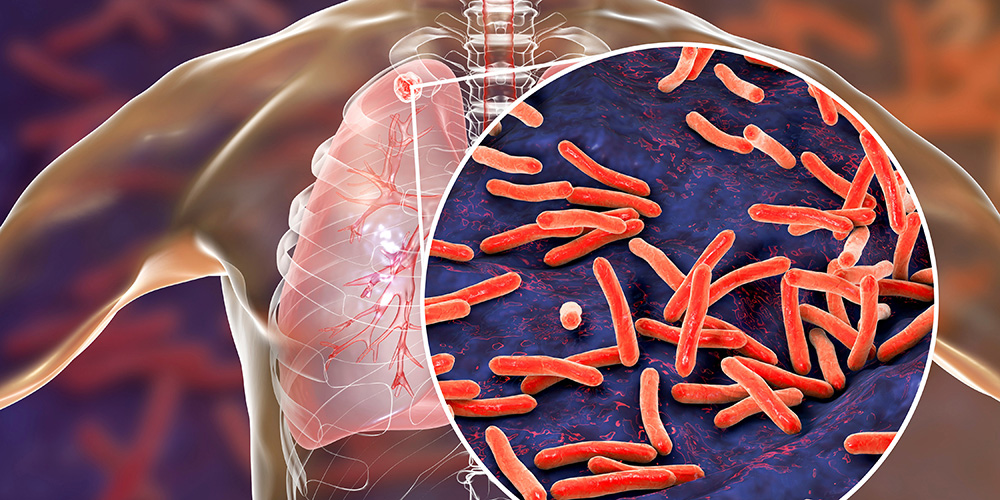
Researchers at the University of Basel have developed a tool that measures when people engage in dialog across political divides. The results show that personal factors play a greater role in people’s willingness to engage in dialog than the controversial nature of a topic.

Ovarian cancer often forms secondary tumors, especially in a certain tissue in the abdominal cavity known as the omentum. Researchers from the University of Basel and University Hospital Basel have investigated what happens when the cancer “hijacks” this organ. It is hoped their findings will lead to more successful treatments.
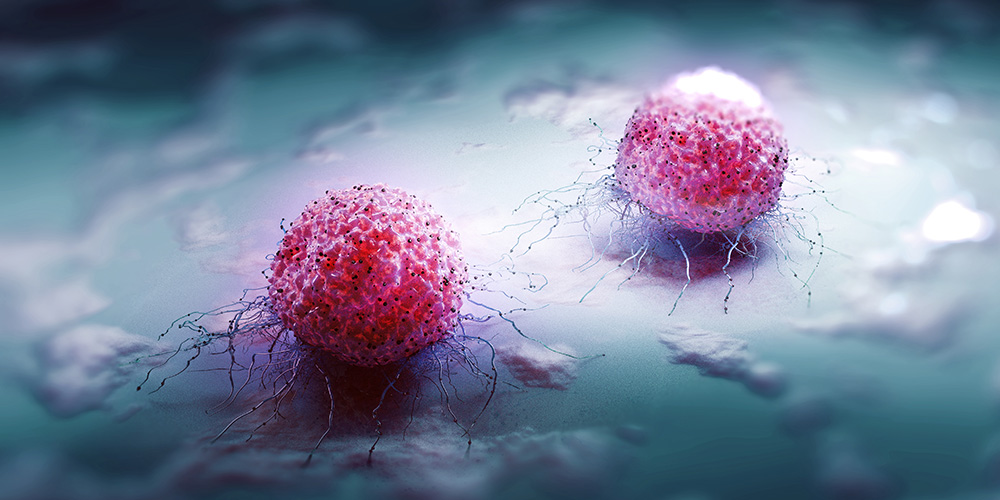
As Christmas nears, grocery stores and delicatessens everywhere fill with boxes packed with panettone. There’s a version for everyone, from mass-produced products to genuine artisanal creations. A truly delicious panettone requires time and skill – but the result is a scientific treat.

The genome differs from person to person in thousands of positions. In some cases, this means that proteins have a different building block in certain regions, rendering some antibody-based therapies ineffective, report researchers from the University of Basel.
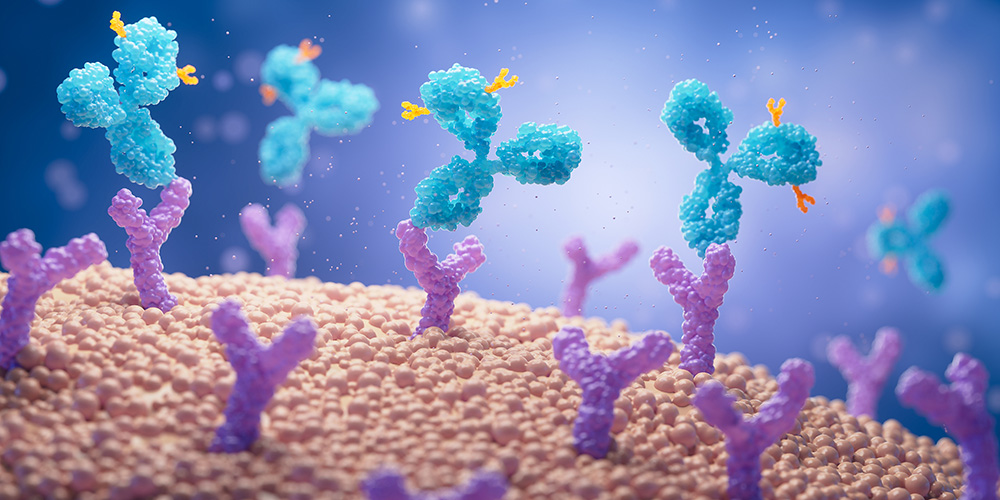
If gut bacteria are too similar to the protective layer of nerves, they can misdirect the immune system and cause it to attack its own nervous system. This mechanism can accelerate the progression of multiple sclerosis, as researchers at the University of Basel have shown in trials with mice. However, their results also open up opportunities for treatments that make use of the microbiome.

The European Research Council (ERC) awards Consolidator Grants to support excellent project ideas from advanced researchers. Those who succeed in the competition for these coveted grants are among the best in their respective fields of research. Four scientists from the University of Basel have now been awarded ERC grants.

Some bacteria use a kind of molecular “speargun” to eliminate their rivals, injecting them with a lethal cocktail. Researchers at the University of Basel have now discovered that certain bacteria can protect themselves against these toxic attacks. But this defense comes with a surprising downside: it makes them more vulnerable to antibiotics.
